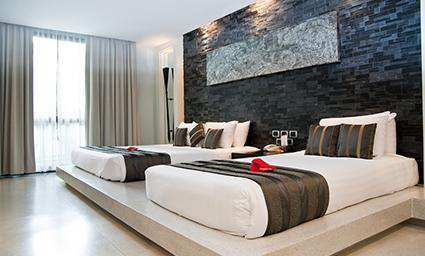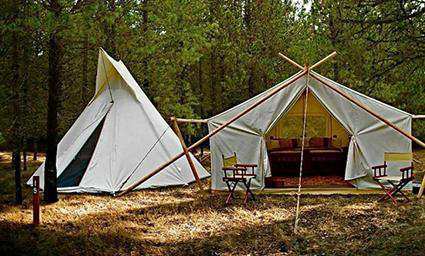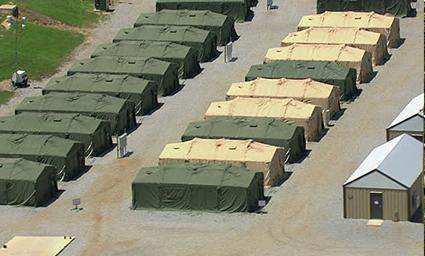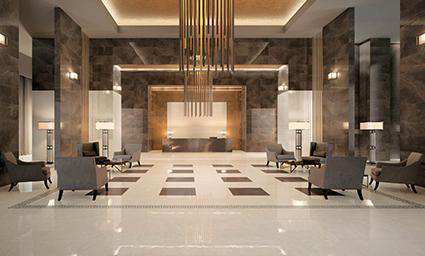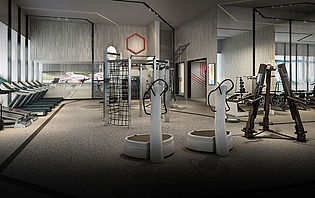
The weakest point of the businesses in this sector but also their most valuable asset is their good reputation which has to be maintained and communicated. Medea can accelerate this procedure. It is also by the same manner that a reputation may be damaged possibly severely if news were to spread regarding pests and poor hygiene.
Defon with extensive experience gained through years of operation, combined with the latest knowledge, has developed an Integrated Pest Management (IPM) system and effective hygiene methods that meet the needs of resorts, hotels, barracks, monasteries, prisons, retirement homes, guesthouses, rooms for rent, camps, etc. The treatments offered safeguard a carefree guest experience with confidentiality and discretion.

This sector incorporates many different businesses such as resorts, hotels, barracks, monasteries, prisons, retirement homes, guesthouses, rooms for rent, camps, etc. Their weakest point, but also their most valuable asset is their good reputation which has to be maintained and communicated. Medea can accelerate this procedure. It is also by the same manner that a reputation may be damaged possibly severely if news were to spread regarding pests and poor hygiene.
Reasons to control pest infestations
Some of the most important reasons to control pest infestations in these businesses include:
- Protecting the health of any person in the premises that could be at risk in a pest-infested environment, by:
- preventing direct transmission of diseases from pests to humans, e.g.
- malaria caused by protozoa of the genus Plasmodium, transmitted via mosquito bites
- murine typhus caused by Rickettsia typhi bacterium, transmitted via flea bite.
- preventing indirect transmission of diseases from pests to humans caused through contamination of water and/ or food and/ or surfaces with pathogens, e.g.
- food poisoning caused through transmission of E-coli bacteria via flies, cockroaches etc.
- preventing allergies to humans caused by the exuviae and the organic residues of arthropods such as dust mites.
- Preventing a loss of products and services offered, e.g.
- food damage caused by rodents, cockroaches, etc.,
- rooms that get quarantine and are not able to be rented due to the presence of bedbugs in them.
- Preventing structural and property damage, e.g.
- rodents may gnaw at wiring causing short circuits and even fire
- rodents may also damage beddings when they enter the stores where these are kept.
- Protecting any person in the premises from the distress caused by pest presence.
- Preventing loss of customers and damage to reputation that occurs when the news of pest presence is communicated, resulting in a further decline of clientele.
- Preventing the imposition of sanctions by the health authorities that range from fines up to suspension of the operating permit and prosecution of the owners.
Pests relevant to this sector
Pests that are frequently detected and cause major problems in these businesses are listed below. For additional information refer to section: Pest library.
Rodents (mice, rats)
Cockroaches
Flies
Drosophila
Ants
Stored product insects
Bedbugs
Fleas
Ticks
Dust mites
Mosquitoes
Midges
Scorpions
Centipedes
Wasps
Spiders
Termites and other Wood-boring insects
Birds
Snakes
The solution offered by Defon
Defon, based on years of experience, addresses the above issues by implementing its Integrated Pest Management (IPM) system which is adapted to the specifics of these businesses. The following is a general description of this system’s methodology, detailing some characteristic examples.
-
The development and implementation of an Action plan.
-
Service report submitted within the Report folder.
This sector presents a high risk of infestations and an increased public health interest. For ongoing protection and detection of infestations from the start, it is proper for pest control contracts to include frequent supervision rather than solely treatments.
The most significant problems are identified on the Site survey, during which Defon investigates:
- Entry points for pests such as:
- open doors and windows, e.g.
- special attention is given to storage and food preparation areas.
- inadequacies to structure and proofing of premises.
- Hygiene standards, such as cleaning methods and schedules.
- Food preparation, serving and storage areas such as kitchens, dining rooms, bars, food stores, etc. For additional information on this topic refer to Restaurant, Catering and Food industry sector.
- Accommodation areas, e.g.
- hotel bedrooms are also checked for bedbugs that can be introduced through luggage (the bite of these insects causes itching and great discomfort).
- Public areas such as reception areas, gyms, staircases, toilets, etc.
- Server and control rooms.
- Engine rooms, offices, laundry rooms, storage areas for equipment and materials, etc., e.g.
- hotels often improperly store obsolete equipment that provide hiding and breeding areas for pests.
- Difficult areas to access, such as false ceilings and floors, where pests could remain undetected until it’s too late.
- Surrounding areas, such as garbage disposal, gardens, garages, etc.
In certain circumstances, where necessary and possible, specialized Fumigation services can be carried out, amongst others.
As part of Defon’s Integrated Pest Management (IPM) system, support can be offered to client’s staff through Consultation Services with education and training regarding prevention of pest problems and best hygiene practices.
Defon with extensive experience gained through years of operation, combined with the latest knowledge meets the needs of hospitality businesses by safeguarding a carefree guest experience with confidentiality and discretion, whilst keeping health, safety and the environment in mind.
